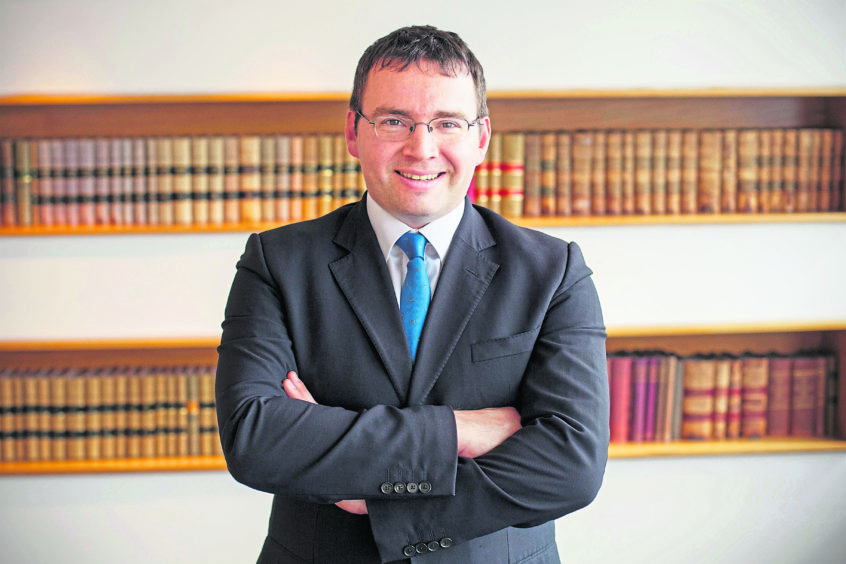
The energy transition discussion is the dominant topic for the sector. It’s a multi-layered debate that encompasses macro and micro issues and will have an increasing impact upon our lives and our businesses in the UK.
As solicitors working with clients across the spectrum of the energy industry, Burness Paull is acutely aware that energy transition issues will form a bigger and bigger part of our workload. This is, at present, throwing out more questions than answers.
Some of the issues that I’ve been made aware of are:
• Allowing for arguments about leaving hydrocarbons in the ground, energy demands during transition will continue to be high, or even increasing. This is why carbon neutrality is the mid-term aim. In that regard, the oil & gas industry has a huge role to play in producing carbon capture and storage solutions;
• Following on from this, a longstanding goal for the UK oil and gas industry has been Maximum Economic Recovery (MER). This has been a clear and simple objective. How well do the Vision 2035 and the UK/Scottish governmental carbon neutrality commitments sit alongside and remain consistent with this?
• The overall energy shift requires investment in technology developments in energy storage, be that through giant batteries or other methods such as hydro or hydrogen;
• Recruitment and retention in the oil and gas industry will be a huge mid-term issue. There have been multiple reports about a shift in focus for graduates in all sorts of disciplines. For many this may be down to passionately held beliefs on the future of the planet but, equally, it appears to be informed by financial pragmatism, as people try to assess their future career prospects.
This is by no means an exhaustive list but issues such as these need to be at least on the radar for businesses.
Burness Paull is helping clients plan for the future and deal with the present. This includes advising on the implementation of schemes which are compliant with the requirements of the likes of the Oil and Gas Authority and the Health and Safety Executive.
At a more granular level, we continue to help with the day-to-day endeavours of business: negotiating contracts, managing staff issues, getting paid on time, all of which continue, whatever the political weather.
There are also issues that are becoming more acute, such as direct climate protests.
While there have been flashpoints in the past, these appear to have become more consistently disruptive. At the same time as respecting the right to peaceful protest, when certain legal lines are crossed companies have to act, to protect their staff, risks to their infrastructure and business interruption costs. Planning for potential disruption and acute incidents needs to be factored in. These are issues we are advising on for clients right now.
Burness Paull is also engaged in a wider consultation with stakeholders on the big issues, because, frankly, they know more than we do.
It is one of the strengths of the energy sector in Aberdeen that the community is concentrated and can have regular dialogue through the OGA and OGUK. That dialogue and action on the back of it are critical to how the energy transition can be managed, at least on a local level.
Neil Smith, Partner, Burness Paull
Recommended for you
